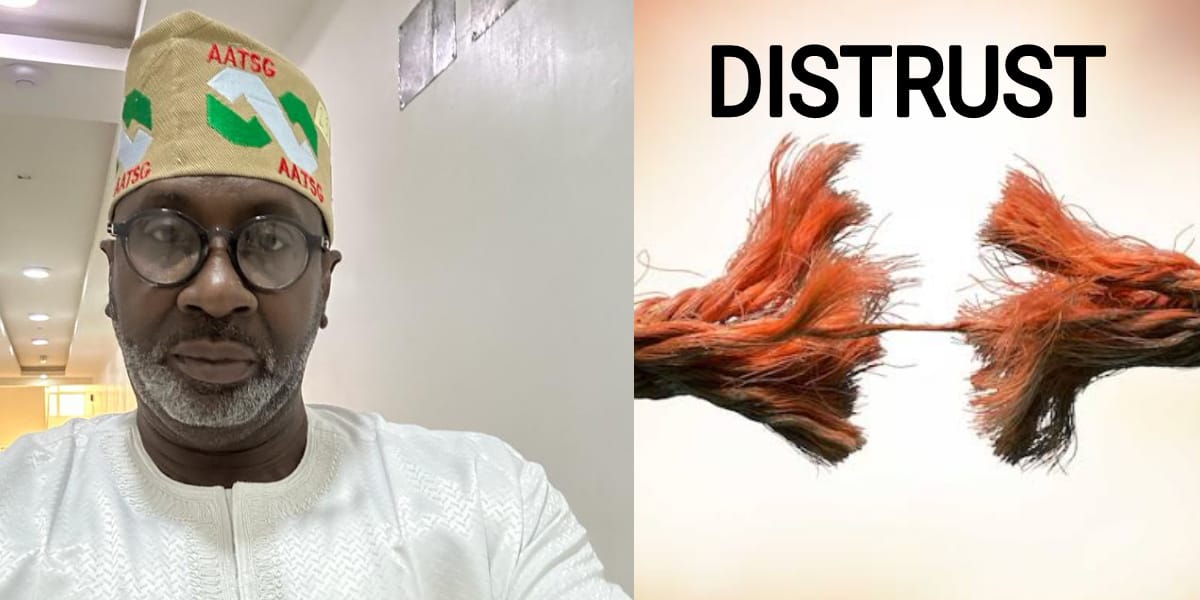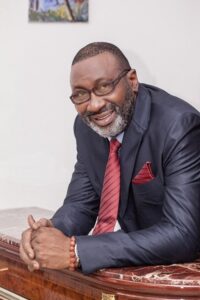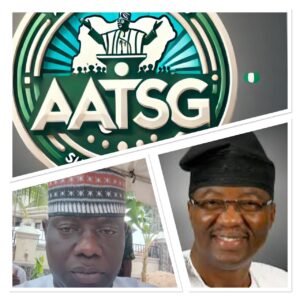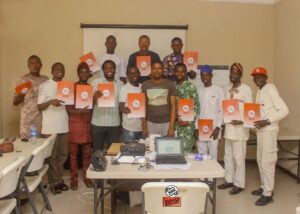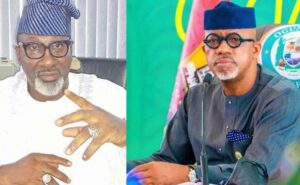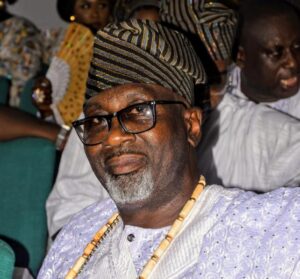Nigeria which way forward, part five – Deepening Distrust.
Nigeria is experiencing a heightening distrust in the government and institutions, which threatens the progress made in its democratic development. The rise in violence is a function of degraded state capacity, mistrust of regulation enforcement, and erosion of the rule of statute. Achieving peace in Nigeria requires a multidimensional response that tackles the drivers of insecurity in the region, including chronic weaknesses in service delivery, corrupt government, and environmental degradation.
Here are some of my thoughts on steps that should be taken to solve deepening distrust in Nigeria:
Enhancing policy: Nigeria has significant work to do in reforming nationwide, state, and local security and control ahead of governmental and state elections in 2027. The Nigerian government should build trust by showing a willingness to address the issues driving the country’s multiple conflicts, including farmer-herder violence, deepening regional divides, armed banditry, and the Boko Haram insurgency.
Restore regulation and order: The immediate restoration of rule and order is needed to enhance youth acceptance as another election process approaches, and the African Union and partners such as the United States and the European Union should combine efforts to help Nigeria overcome what looks like a challenge to its very existence as a nation
Building of trust: An extensive dialogue, among Nigeria’s political and communal constituencies and civil society and the government, can build trust and nationwide cohesion. AATSG brings together state governors, public policymakers, and civic leaders to design and implement extensive policies that mitigate violence and strengthen community-oriented security.
Concentrating on the operators of instability: Chronic weaknesses in benefit distribution, corrupt governance, and environmental degradation are some operators of vulnerability in Nigeria. We need a multidimensional response to tackle these issues, including improving office distribution, concentrating on corruption, and protecting the environment.
Complete reintegration method: A complete reintegration method is recommended to prevent sustaining a pool of young men and women with few opportunities, yet significant experience wielding violence and authority. Stopping Nigeria’s spiraling farmer-herder violence is also important, as it is already six times deadlier in 2022 than Boko Haram’s insurgency.
For the past three years, More in Common has been analyzing public attitudes in established democracies to better understand the forces that are driving us apart, and what can bring us back together.
Working with social psychologists and leading market research firms. These researches have created a national segmentation based on people’s core beliefs and tribal attachments. To identify which of the Nigerian “hidden tribes” you might belong to.
The picture emerging from these studies shows more than just shifts in public opinion about specific issues. There is a deepening distrust in each other–not just in institutions–with the growing tribalism and intolerance of those with different beliefs and backgrounds. Multiple centrifugal forces are driving societies apart, and few of these forces are unique to any one country. Monetary factors are playing a central role: rising inequality, stagnant incomes, job insecurity and the division between prosperous cities and “left behind” regions. But the perfect storm of conditions for communal fragmentation comes about from the convergence of physical forces and changes in culture, technology and the media landscape.
Against a backdrop of weaker communal connectedness and the erosion of local community life, these forces often play into existing fault lines in neighborhoods – widening racial, religious and ideological divisions. The more polarized a society, the more people view tough issues through a tribal lens rather than in terms of the common good of all. This makes pluralist states resilient, more vulnerable to communal stresses, and able to navigate the typical 21st-century crises such as political deadlock, rapid demographic transition, economic slumps, climate events, technological development and threats to national security.

